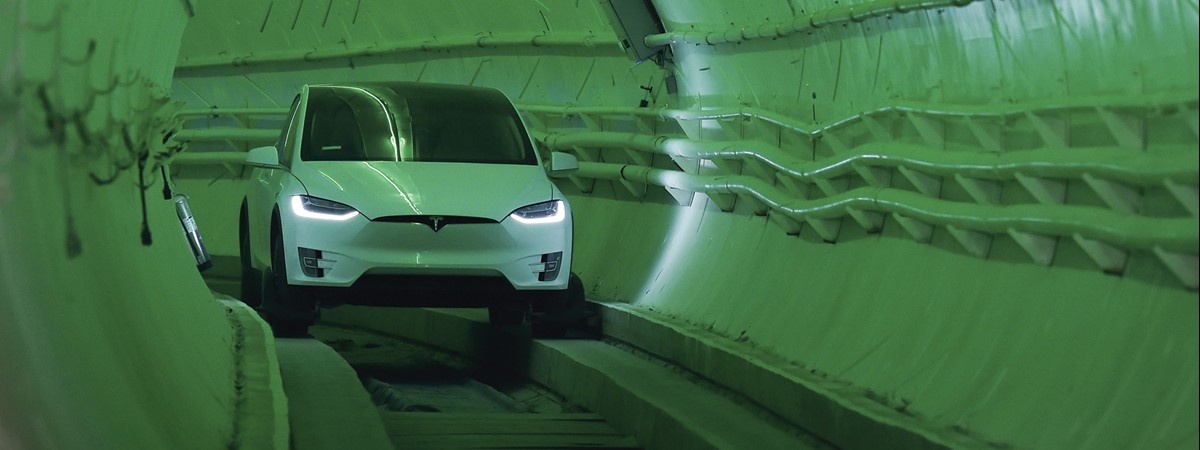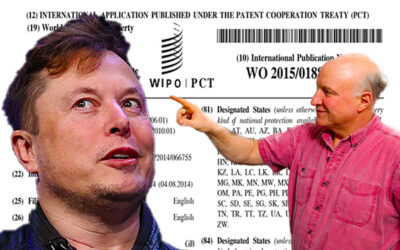[ad_1]
Tesla CEO Elon Musk has selected the German capital Berlin as the site for the luxury EV company’s first European factory – its second outside the US – citing Germany’s strong reputation for engineering and the UK’s upcoming exit from the EU as the main reasons behind the decision.
Musk announced the site of the factory (‘Gigafactory’ 4) at an awards ceremony in Germany. Musk said that the European Gigafactory would be located near Berlin Brandenburg Airport, north-west of the city centre, and could begin production in 2021.
Later, Musk took to Twitter to confirm plans for the factory to manufacture batteries, powertrains and vehicles, beginning with the Tesla Model Y.
“Everyone knows that German engineering is outstanding, for sure, and that’s part of the reason we are locating our Gigafactory Europe in Germany,” Musk said at the awards event. “We are also going to create an engineering and design centre in Berlin, because Berlin has some of the best art in the world.”
“I come to Berlin a lot – Berlin rocks!” he added to the appreciative audience.
The industrious but gaffe-prone Tesla boss has discussed the possibility of establishing a manufacturing base in Europe for several years. In July 2018, it was reported that Musk was considering building its first European Gigafactory, with Germany or the Netherlands as the most likely candidates for the facility. In August this year, local news reports suggested that Tesla had been investigating the North Rhine-Westphalia region of Germany – which is near France and the Benelux countries – as a possible site for the Gigafactory.
Tesla has two large-scale manufacturing plants in the US (in Reno, Nevada, and Buffalo, New York) and its first non-American factory – a $2bn Gigafactory in Shanghai – is due to open in less than a month. The factory is set to produce the Tesla Model 3 and Model Y, in addition to battery cells.
Musk told AutoExpress that uncertainty about the UK’s future relationship with its trading partners was another factor in his decision to locate the factory in Berlin: “Brexit made it too risky to put a Gigafactory in the UK.” Musk had previously shrugged off the possible impact of Brexit, stating that Tesla had plans to build an R&D base in the UK and possibly a factory, given sufficient demand.
Musk’s announcement came less than 24 hours before Prime Minister Boris Johnson is due to use a West Midlands EV factory as the backdrop to a televised pledge to unleash a “clean energy revolution” following the UK’s exit from the EU. Johnson is expected to argue that it is only by leaving the EU that “[we can] truly unleash Britain’s potential”.
The UK automotive industry, represented by the Society of Motor Manufacturers and Traders, has issued repeated warnings about the impact of a hard Brexit. Both Honda and Nissan have already made the decision to move manufacturing for certain models out of the UK, while other companies such as the PSA Group (whose brands include Peugeot, Citroen, and Vauxhall) are considering moving future manufacturing operations out of the UK. However, in July, Jaguar Land Rover – the UK’s largest automaker – announced that it would build its next EV in the UK.
Sign up to the E&T News e-mail to get great stories like this delivered to your inbox every day.
[ad_2]
Source link
2019-11-13 13:33:13
E&T editorial staff
[author_name]:author name
https://eandt.theiet.org/content/articles/2019/11/tesla-electrifies-berlin-with-location-of-first-european-gigafactory/
https://eandt.theiet.org/content/articles/2019/11/tesla-electrifies-berlin-with-location-of-first-european-gigafactory/
eandt.theiet.org





0 Comments